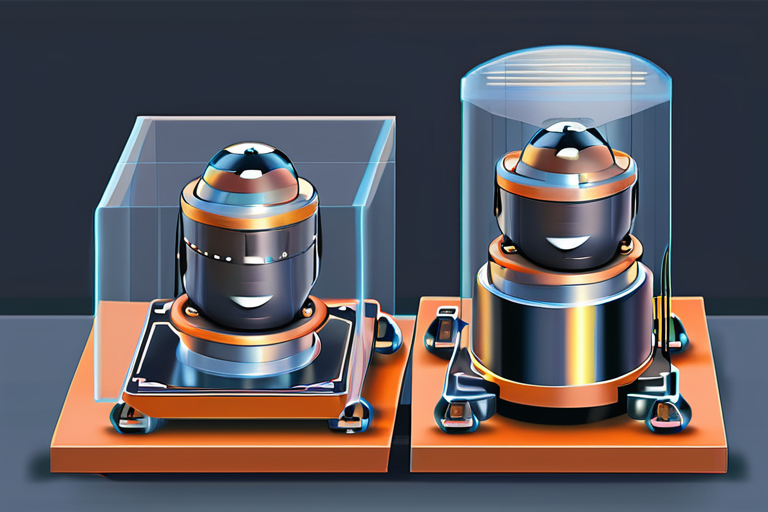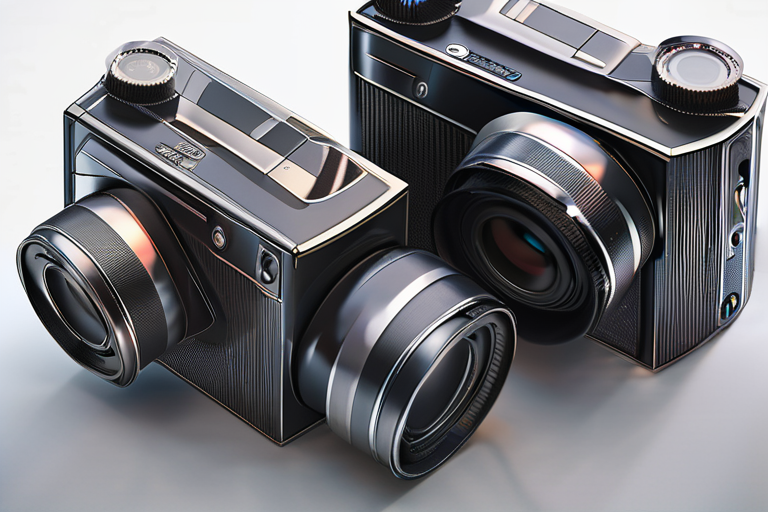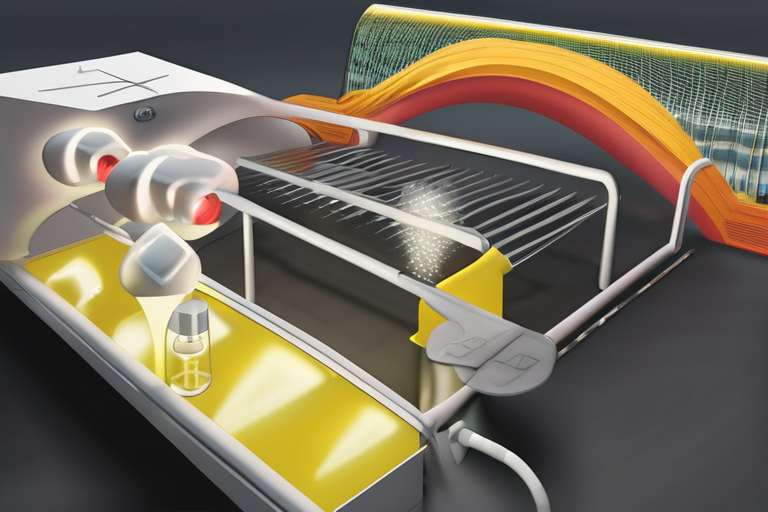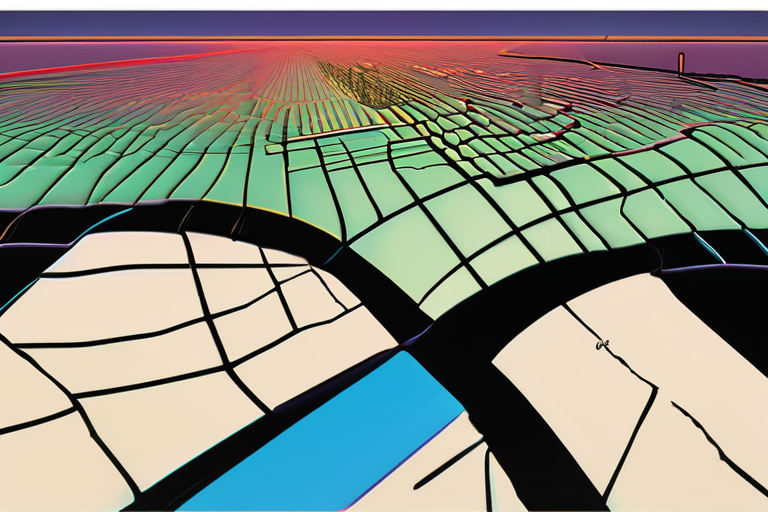Omnitron Sensors Cracks Lidar's Biggest Bottleneck with Groundbreaking New Chip


Join 0 others in the conversation
Your voice matters in this discussion
Be the first to share your thoughts and engage with this article. Your perspective matters!
Discover articles from our community

 Hoppi
Hoppi

 Hoppi
Hoppi

 Hoppi
Hoppi

 Hoppi
Hoppi

 Hoppi
Hoppi

 Hoppi
Hoppi

Scientists Build Tiny Micromotors Smaller Than Human Hair Using Laser-Powered Gears In a groundbreaking breakthrough, researchers at the University of …

Hoppi

Scientists Unveil Revolutionary Lens-Free Camera That Sees Invisible World in 3D On September 26, 2025, scientists made a groundbreaking discovery …

Hoppi

Scientists Breakthrough: Micromotors Smaller Than a Human Hair Revolutionize Medicine Researchers at the University of Gothenburg have successfully built micromotors …

Hoppi

Breaking News: LightSolver Unveils Laser-Based Processor to Revolutionize Physics Research In a groundbreaking development, Tel Aviv-based startup LightSolver has unveiled …

Hoppi

Omnitron Sensors' New Chip Tackles Lidar's Biggest Weakness In a breakthrough that could revolutionize the automotive industry, Omnitron Sensors has …

Hoppi

Scientists Develop Tiny Micromotors Smaller Than Human Hair, Paving the Way for Revolutionary Medical Tools In a groundbreaking breakthrough, researchers …

Hoppi